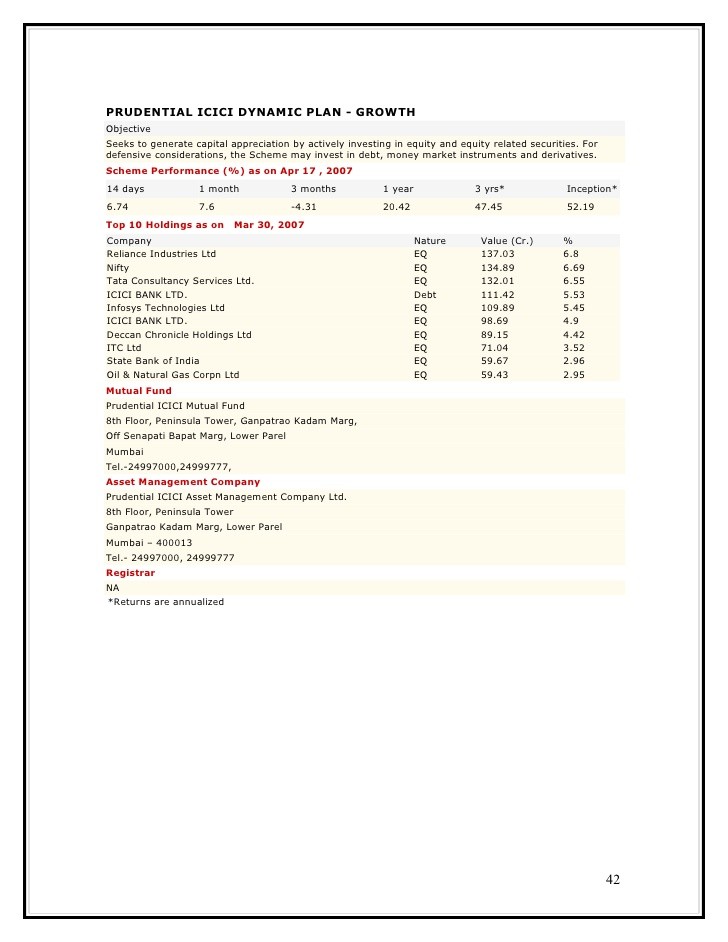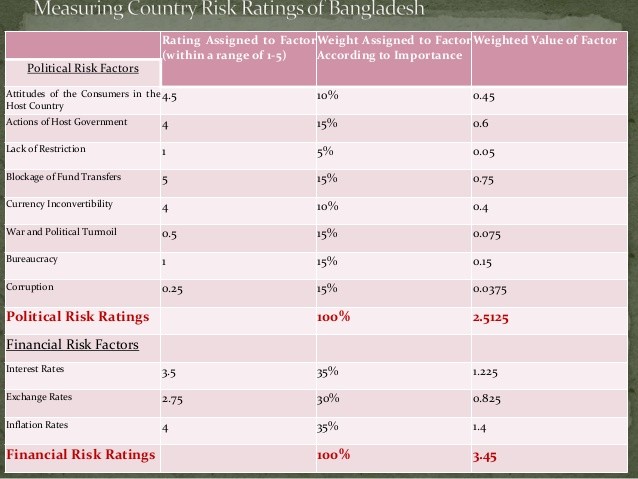3 Considerations for Evaluating Home Equity as an Investment
Post on: 9 Май, 2015 No Comment

3 Considerations for Evaluating Home Equity as an Investment
For most American’s their biggest asset is their home. They pour their hard earned cash into their home every year in the way of mortgage payments and more money each year into simple maintenance and upkeep. Not to mention major renovations at least two or three times during the tenure of average home ownership. The benefit of owning the home is not only in the tax benefit associated with interest payments, but also in the equity that is built up over time. Home equity is one of the biggest financial selling points of home ownership. But is home equity something that should be viewed as an investment and a critical part of the average individuals long term safe investments.
The answer, ultimately, is highly dependent upon the long term goals of each individual. But there are certainly some considerations that should be made when considering whether building up home equity is a smart use of financial resources.
Here are 3 considerations for evaluating the merits of accumulating home equity as a part of a long term savings strategy.
Liquidity: Just how liquid is your home equity? A simple enough question and prior to the housing collapse of 2008, home value was something that seemed to be consistently edging in a northerly direction. In that environment, especially one in which financial institutions aggressively competed for consumer credit, the liquidity of home equity was basically a line of credit application away. And while an individual with a decent credit record can still tap into their home equity with a certain degree of ease, securing a line of credit might not be the best way to evaluate liquidity. Consider ‘worse case’ liquidity needs, for instance when the equity must be tapped because of possible employment issues. The challenge of accessing the equity increases, and in an absolutely worst of worse case an individual would be forced to sell their home in order to capture its equity. And if market conditions were not favorable to home values, then this option might not be very desirable. Nor would it be immediate, it takes time to sell a house after all.
Home Mortgage Interest Deduction: An individual’s taxable income is decreased by the amount of home mortgage interest paid in the fiscal year. The argument can be made that the home mortgage interest deduction naturally allows home owners to realize greater liquidity based upon the decreased tax burden associated with the deduction. Conversely, however, those that rush to pay down their mortgage typically fail to realize that by eliminating their mortgage deduction they are effectively increasing their income and, as a result, their annual tax burden. This should be factored into the consideration over how valuable home equity is to the home owner. By investing in home equity the home owner has a greater personal asset but it is not immediately accessible, and carries with it the potential to increase taxes.
Performance: Home equity only performs well as an investment if home value appreciates. Not only did the 2008 crash decimate home values, they have yet to recover. The Zillow Home Value Index below illustrates that even considering some areas of growth home values are, on average, 22% lower today than they were in 2007. So the performance of home equity between those years, by any measurement, simply cannot be deemed successful. Even if home values rebound it is unlikely that they’ll recover so strongly that they will match pre-recession highs. Home equity, in this specific case, has been an investment loser for nearly every home owner in the country.

US Zillow Home Value Index
Home ownership should ultimately enable greater investment choices, allowing every day investors to more aggressively realize the value of their homes in a way that matches their long term planning objectives. Prior to 2008 not many would have considered a plan of accelerating mortgage payments as a questionable alternative. Amassed home equity gave investors a tangible large asset against which to feel safe. But if the recession has taught us anything it is that nothing intritically tied to economic performance so tightly is every truly safe.
Is home equity a bad investment? Ultimately it is up to the individual to decide, but certainly it behooves investors to consider these three criteria above to not only make an informed decision but to adequately evaluate alternatives to the potentially ‘sunk’ investment cost of accumulating home equity.














